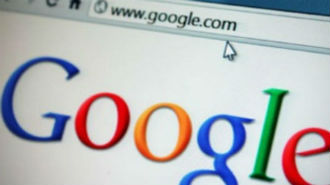 Notebooks using the conventional Wintel model seem to be past history, but Chromebooks are selling like there’s no tomorrow.
Notebooks using the conventional Wintel model seem to be past history, but Chromebooks are selling like there’s no tomorrow.
That’s the conclusion of research by ABI Research, which said that shipments of Chromebooks soared by 67 percent in a quarter.
Acer is the top dog in the sector, followed by Samsung and HP – those three accounted for 74 percent of shipment share during the first half of this year. That isn’t going to change in the second half of this year, said ABI.
So-called vertical markets like schools are a driving force, and Chromebooks also sell well in emerging markets. But ABI said that North America will account for 78 percent of the Chromebook market and other regions such as Asia Pacific and Western Europe are set to grow shipment market share over the next five years.
Stephanie Van Vactor, an analyst at ABI, said that while Chromebooks might be a temporary fad like the netbook, but the price and design mean that it’s attractive to the world+dog.
“People are hungry for a product that is cost effective but also provide the versatility and functionality of a laptop,” she said.


















